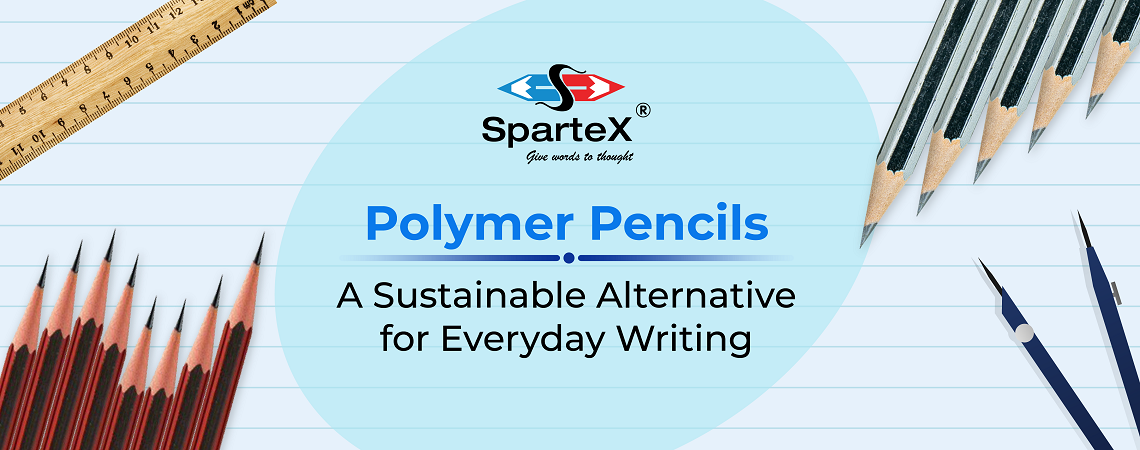As the global emphasis on sustainability intensifies, even commonplace items such as pencils are scrutinized for their environmental impact. The traditional wooden pencil, long revered as a staple for writing, drawing, and learning, has come under increasing criticism due to its ecological footprint.
The production of wooden pencils has a significant impact on deforestation. The global demand for wooden pencils is high, with over 14 billion pencils produced annually, many of which rely on timber harvested from forests worldwide. This has profound environmental implications; an estimated 82,000 trees are felled yearly to meet the demand for pencils. Additionally, the production process consumes substantial energy and generates waste upon disposal.
In light of these concerns, customized polymer pencils have emerged as a technologically advanced and environmentally sustainable alternative.
The Science Behind Polymer Pencils
To understand the benefits of polymer pencils, it’s essential first to explore the materials that make them unique.
Polymers are large molecules composed of repeating structural units known as monomers. These monomers form different polymers with various physical properties when bonded in chains or networks.
Commonly used polymers in pencils include polyethylene, polypropylene, and polystyrene.
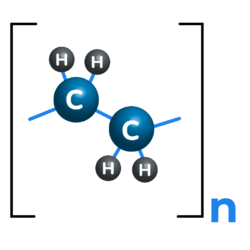
Polyethylene
Offers flexibility and a high resistance to impact, making the pencil durable and resistant to breakage.
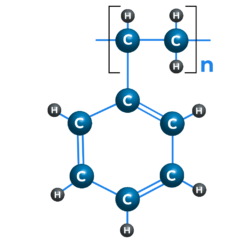
Polypropylene
Provides thermal stability, allowing the pencil to remain functional under different temperature conditions.
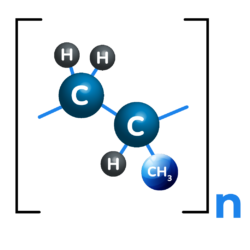
Polystyrene
Offers structural strength & a smooth surface, which enhances the writing experience by providing an even, comfortable grip.
The graphite core, the writing element, is typically encased within a polymer sheath. This sheath protects the graphite from breaking and ensures that the pencil remains intact even when dropped or subjected to wear and tear. Moreover, the polymer sheath is typically designed to be non-toxic, and many manufacturers are experimenting with biodegradable versions to enhance the pencil’s sustainability profile further.
For Bulk Order, Please Contact:
contact@spartexpen.comPolymer Pencil for Good Handwriting
Switching to a polymer pencil can significantly enhance handwriting quality. Here’s why:

Consistent Writing Pressure
Polymer pencils offer more uniform pressure distribution across the writing surface. This consistency allows for smoother, even strokes, which leads to cleaner and more legible handwriting.

Better Grip and Comfort
Many polymer pencils are designed with ergonomic grips that reduce hand fatigue. Their smooth surface and structural flexibility provide a comfortable hold, allowing users to maintain steady control over their writing, especially during extended writing sessions.

Uniform Lead Composition
The synthetic materials used in polymer pencils ensure that the graphite is consistent, preventing uneven line darkness or thickness. This uniformity allows for more accurate and polished handwriting.

Reduced Smudging
The smooth, non-porous surface of polymer pencils minimizes smudging, keeping written work neat and crisp. This benefits students and professionals who need clear, smudge-free documents.
Why are Polymer Pencils a Sustainable Alternative for Everyday Writing?
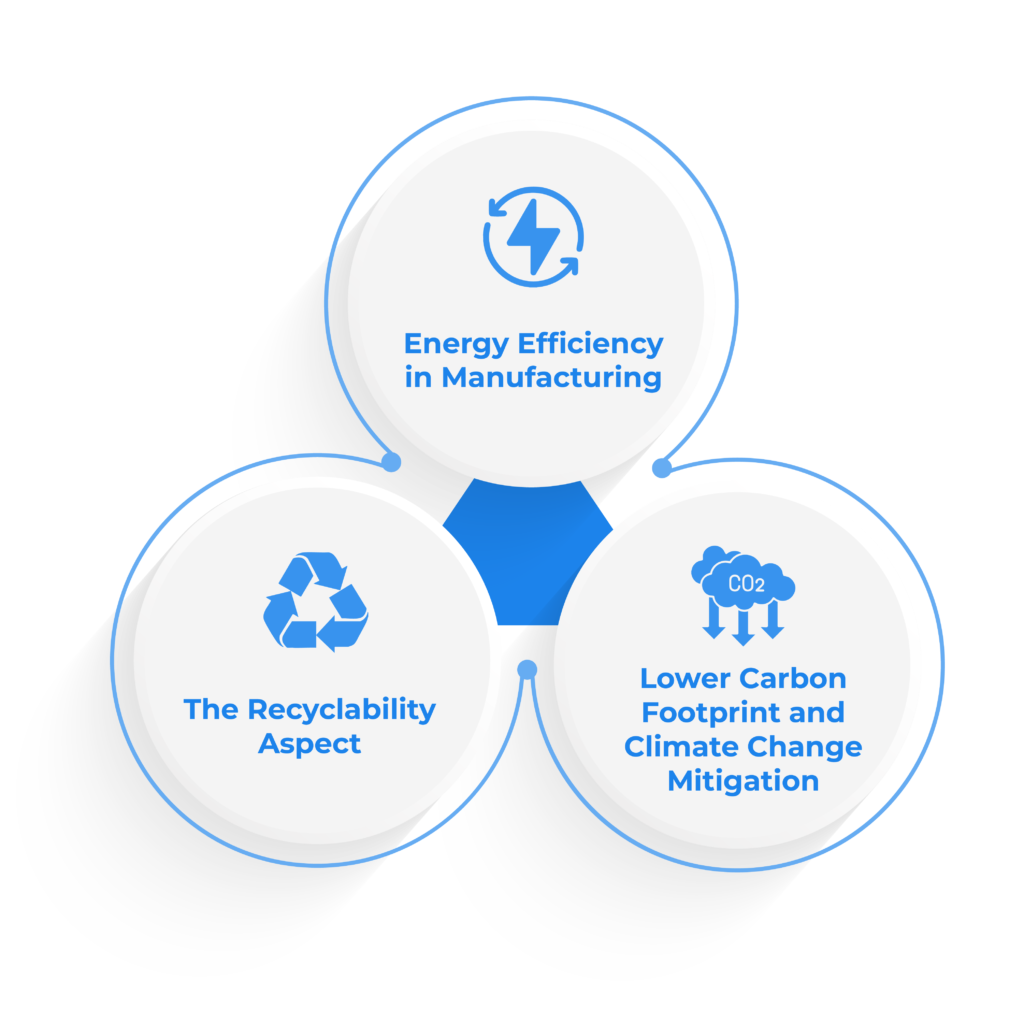
Energy Efficiency in Manufacturing
Polymer pencils require significantly less energy than wooden pencils, which involve harvesting, transporting, and processing trees into usable wood. Wood must be milled, shaped, and treated before it can be combined with the graphite core. Polymer pencils bypass many of these steps. The synthetic materials used in polymer pencil production can be manufactured through extrusion or injection molding processes, which are relatively efficient.
The Recyclability Aspect
Another important aspect of polymer pencils is their potential for recyclability. Many synthetic materials used to produce these pencils, such as polyethylene and polypropylene, are recyclable. This opens the door to a more circular economy, where used pencils can be collected and broken down and the materials repurposed to produce new items. This drastically reduces the need for virgin materials and cuts down on waste.
Lower Carbon Footprint and Climate Change Mitigation
Reducing deforestation and energy consumption in production ultimately leads to a lower carbon footprint. Polymer pencils contribute to fewer greenhouse gas emissions throughout their lifecycle—from production to disposal. As global warming threatens ecosystems and societies, every emission reduction counts. By choosing polymer pencils over wooden pencils, we can make a small but significant step toward mitigating the effects of climate change.
Conclusion
Polymer pencils embody a modern evolution in writing instruments, offering technological innovation and pronounced environmental advantages over their wooden counterparts. Research suggests that manufacturing polymer pencils can reduce overall energy consumption by up to 60%.
In an era where environmental consciousness permeates every facet of industry and daily life, selecting polymer pencils is a deliberate and informed choice for sustainability. Users of customized polymer pencils are not merely acquiring a robust and enduring writing tool; they are proactively reducing environmental degradation and fostering ecological resilience.
Contact Us for Corporate enquiries
contact@spartexpen.com
